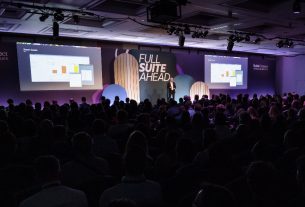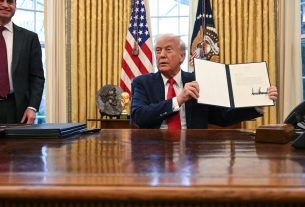INTRODUCING the Business Committee report on the afternoon of the first day of the sessions, Monday, the chair of the Committee, Robert Hammond (Chelmsford), was at pains to emphasise that this was not “a one-issue Synod”.
He urged members to engage in Living in Love and Faith (LFF) group work and to be part of the debate in the chamber rather than on social media. The Committee was aware of anxieties and concerns about this. A team of chaplains was in place if anyone should need extra support.
Given the “differing, honest, and firmly held views” of members, he further urged the Synod’s members to show Christian love and respect to one another: “Don’t say anything on social media you wouldn’t say in person,” he said. He also reminded the Synod of keen media interest, that the meeting was being live-streamed, and that some footage would later be broadcast on the parliamentary channel and in news broadcasts. “We will be in public view,” he said.
A maiden speech from Dr Diana Tremayne (Leeds) drew loud applause. “As an LGBT+ member”, she said that the chamber was “probably the space where I feel l least comfortable and most vulnerable”. She added: “Please remember that this is about more than our feelings and beliefs: it is about who we are.”
Stephen Hoffmeyr (Guildford) believed that, in substance, LLF looked like liturgical business, involving forms of service and prayer that had a public function, and should be under Canon B5. The current process was, therefore, flawed.
Martin Sewell (Rochester) expressed anger that, despite the Synod’s requirement for regular updates on safeguarding, the Independent Safeguarding Board (ISB) had been deliberately excluded. He warned of a crisis in the oversight of the Church’s safeguarding: the current position of the ISB was “unsustainable” — a word used by ISB board members who themselves did not consider it sufficiently independent from those it was scrutinising. “Everyone necessary to reform our safeguarding is in this room,” Mr Sewell said. A take-note debate offered too little time to look at how the Church had gone wrong, he said. “This is very serious.”
Debbie Buggs (London) wanted legal clarification on the position of marriages conducted by a cleric compared with civil partnerships. She requested a response from the Committee’s legal team, with a view to a presentation at the July sessions “for those of us who are not lawyers or bishops”.
Canon John Dunnett (Chelmsford) also wanted legal clarification on this, and whether there were wider and narrower concepts in the same institution.
Canon Lisa Battye (Manchester) wanted to know why the replacement for the Clergy Discipline Measure (CDM) was taking so long.
Andrew Orange (Winchester) wanted the Business Committee to reconsider the balance of topics discussed at Synod, perhaps in the form of a working party to look at “seeing ourselves as others see us. . . We have to stop being internally obsessed.”
Luke Appleton (Exeter) wanted a call for the Church to be “a people who say what they mean and mean what they say”.



